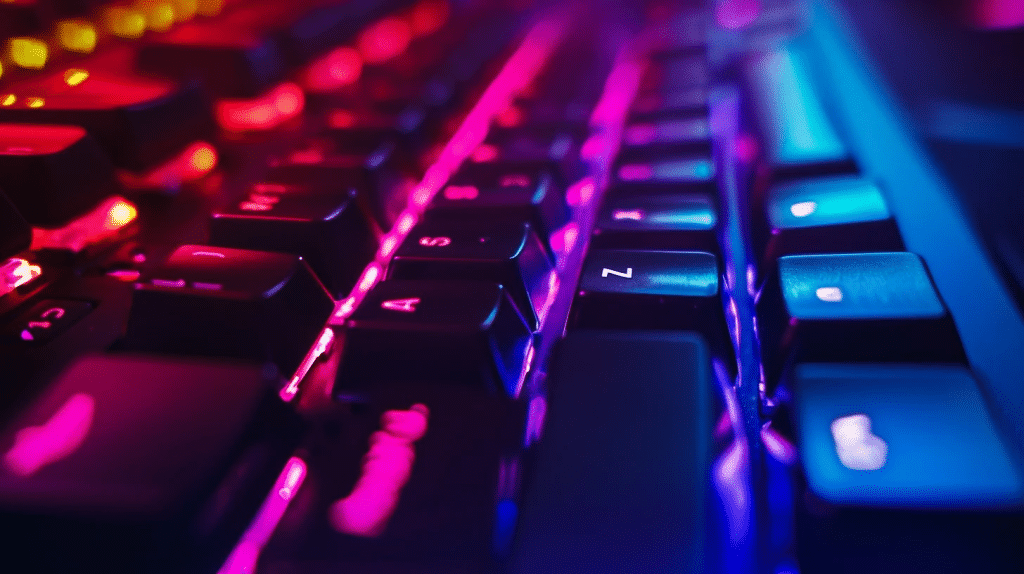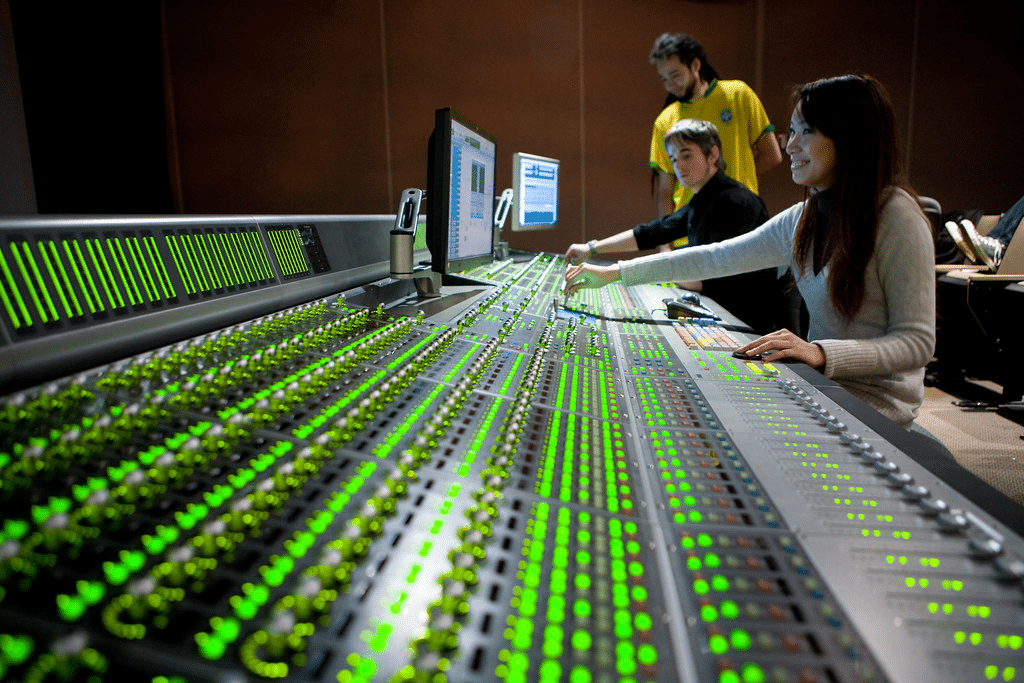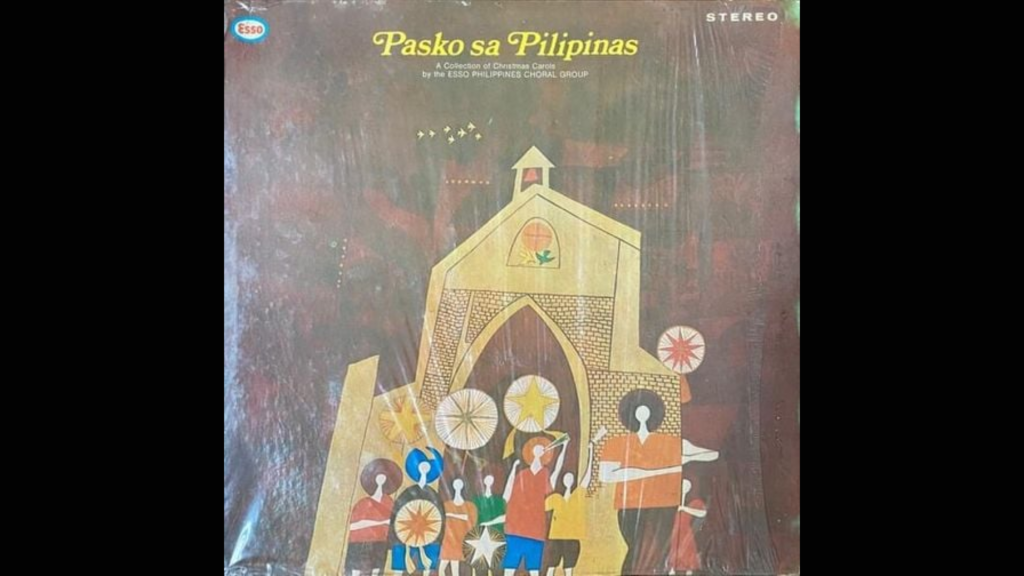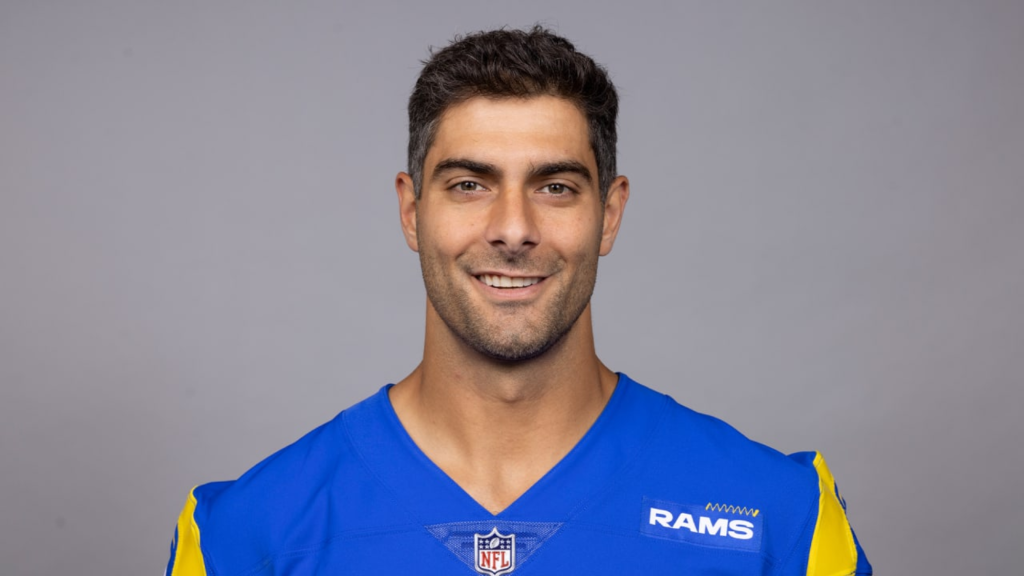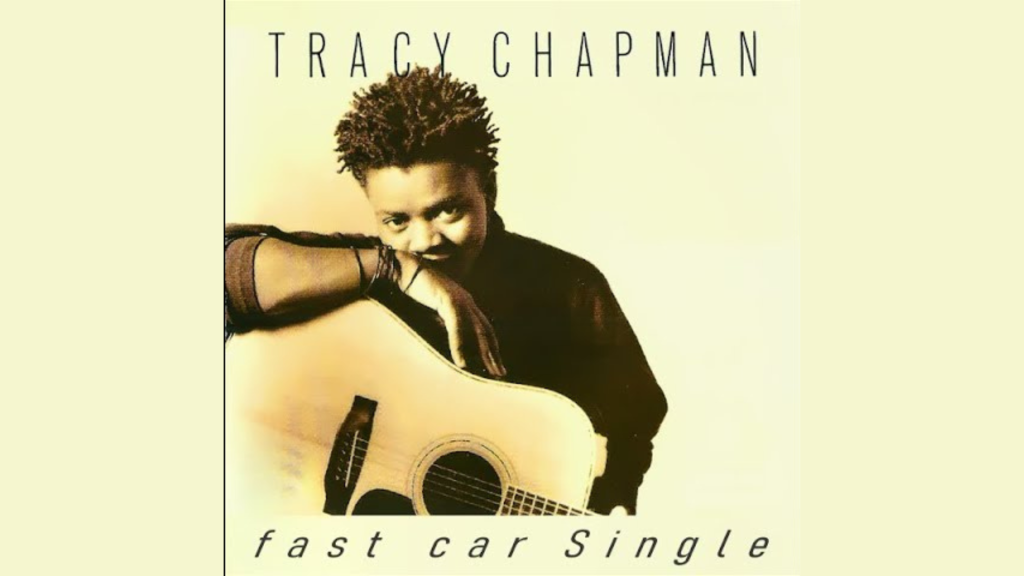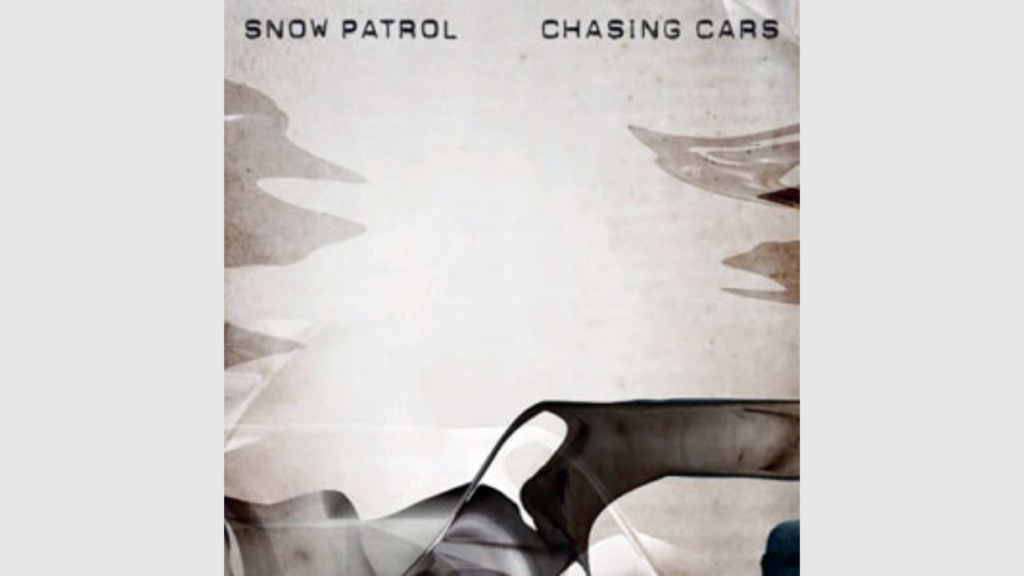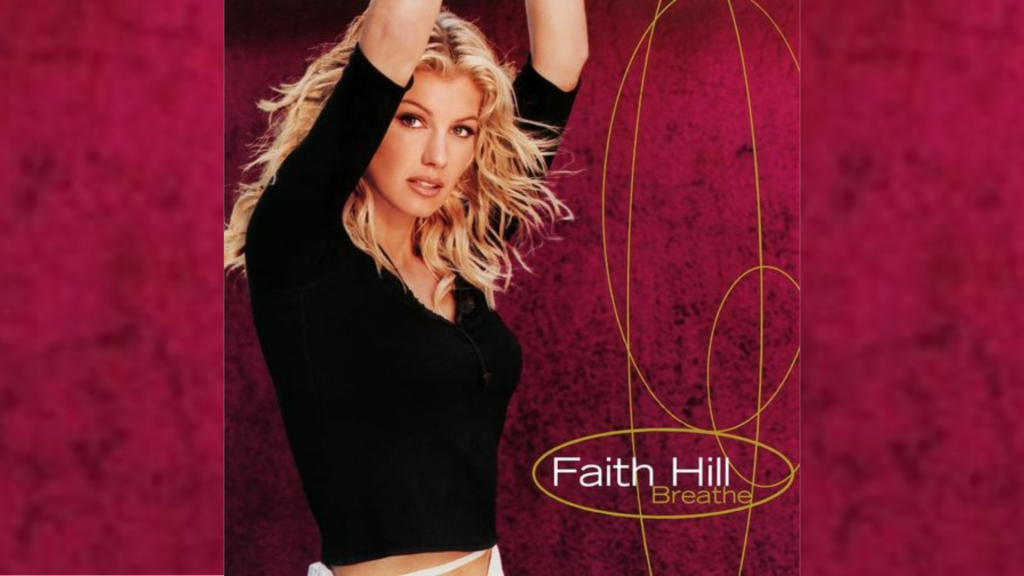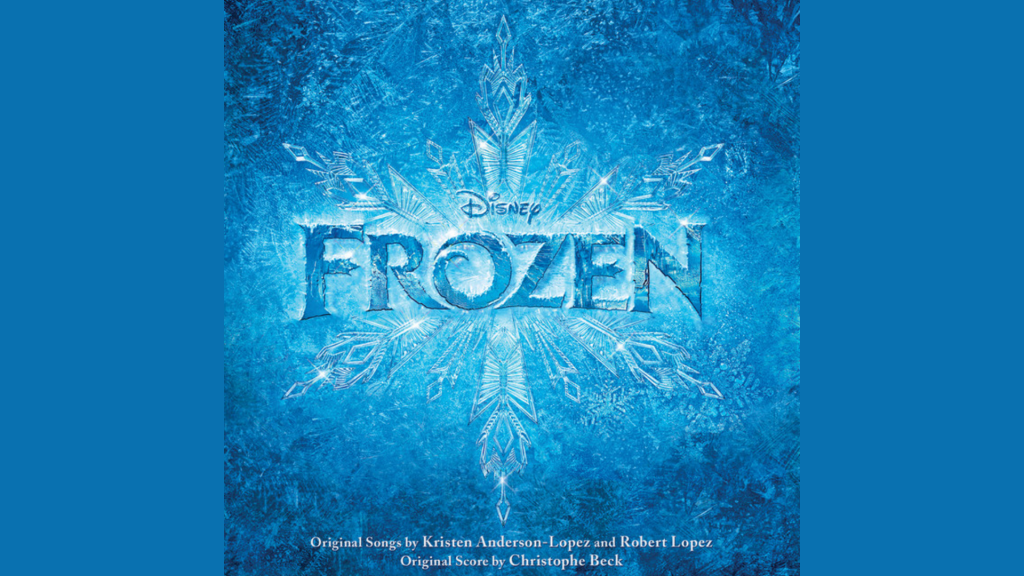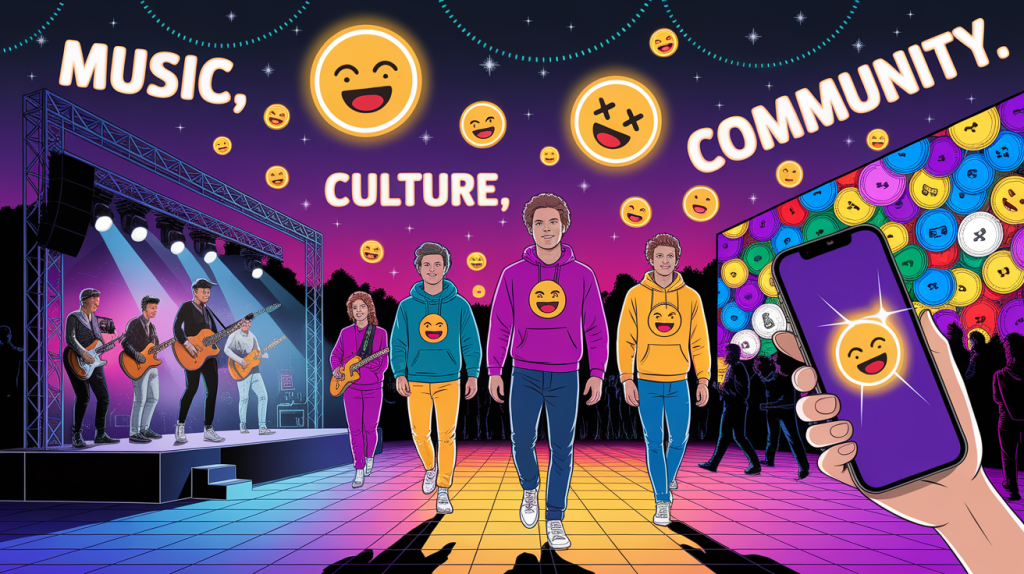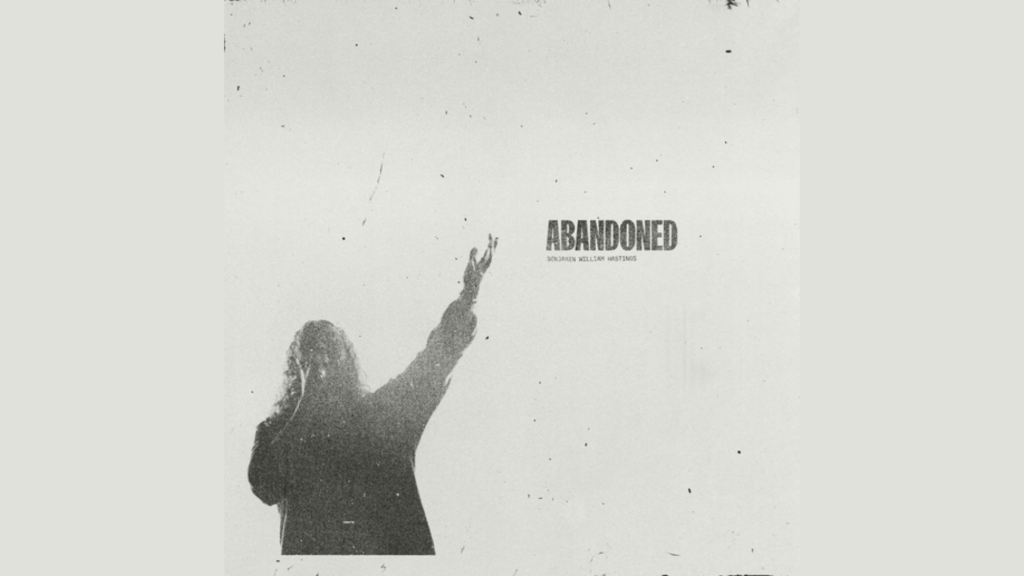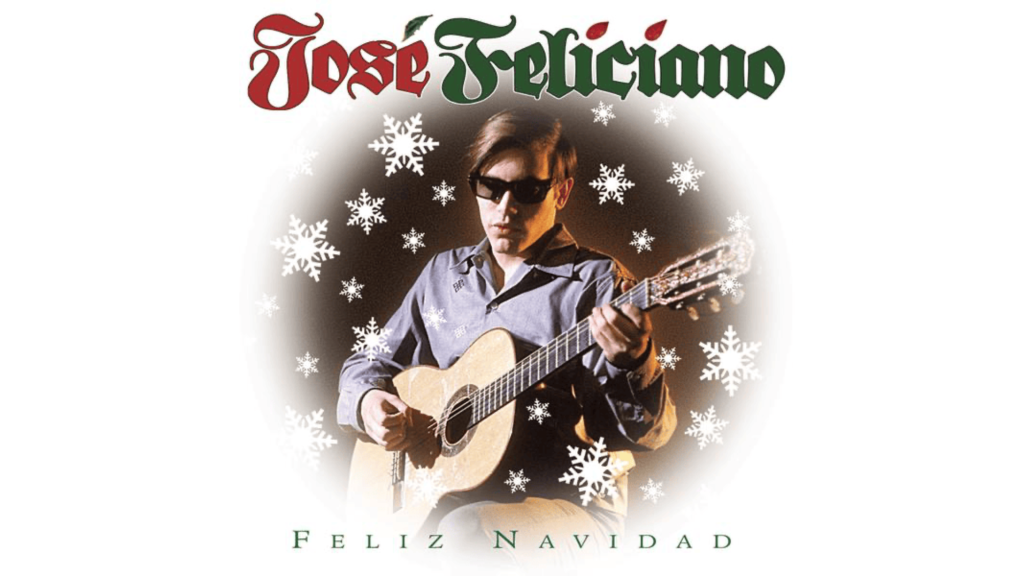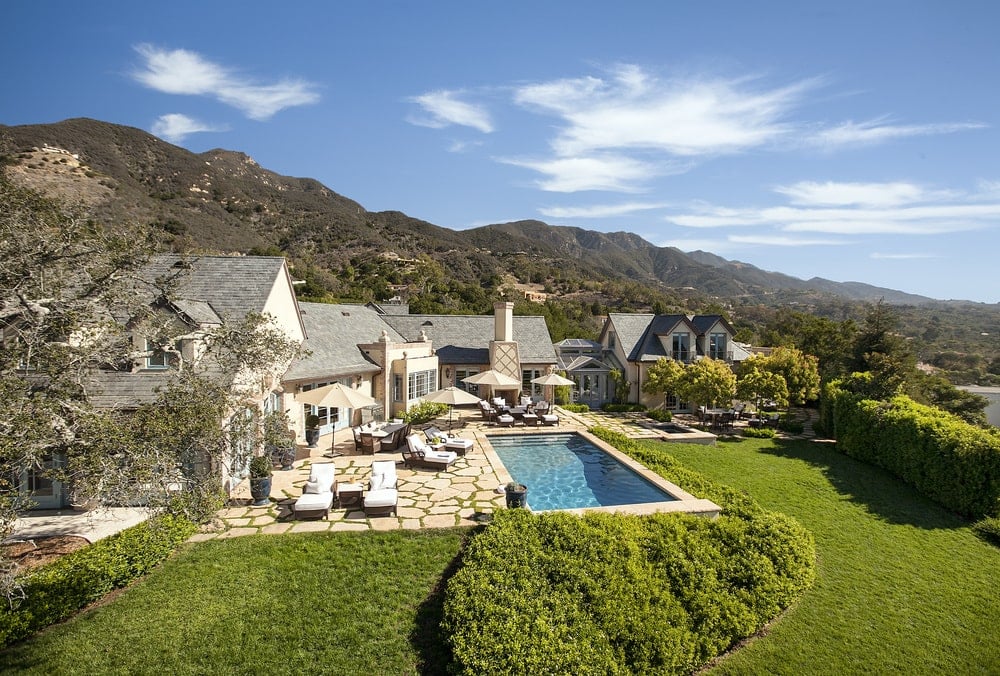The synchronization of gaming and music has long been a possible ground for innovation. So, it is no surprise that a new digital underground has emerged in recent years. This underground is not only about indie creators or underground music scenes, rather, it is an intersection of creative minds reshaping how we experience sound and interactivity. This is similar to how casino operators decide to make the GGBET login procedure easier by integrating the possibility of using your existing social media accounts to sign up and log in. From user-generated content to decentralized music distribution and virtual concerts, this digital subculture is breaking traditional boundaries to suit the tech-savvy users of this era.
Hence, these new integrations create immersive experiences, all redefining entertainment. How did this new digital underground come to be? How well do gaming and music merge to create something phenomenal? Keep scrolling to find out!
The Confluence of Gaming & Music
Gaming and music have interacted since the earliest arcade machines. Since then, simple chiptune compositions have become iconic parts of gaming culture. This switch from 8-bit soundtracks to orchestral scores and unique adaptive music systems has broadened the role of music in games. Therefore, soundtracks are not just background elements but essential to storytelling, gameplay mechanics, and player engagement.
With advancements in gaming engines and live sound processing, developers can create scores that transform uniquely based on a player’s action. Take, for instance, games like DOOM (2016) and The Legend of Zelda: Breath of the Wild, which use reactive music that heightens or changes tone based on in-game activities to intensify player immersion. Likewise, the surge of rhythm-based games like Beat Saber and Friday Night Funkin’ highlights how music can be a major gameplay mechanic instead of just an accessory.
Virtual Concerts & Metaverse Music Events
One of the most prominent developments in recent years is the surge of virtual concerts within gaming platforms. Artists like Lil Nas X and Travis Scott have attracted millions of viewers with their performances of digital concerts inside Roblox and Fortnite. These events usually create a new type of interactive experience where players use avatars and engage with performances in different ways that conventional concerts cannot offer.
Additionally, the Metaverse is a concept popularized by platforms like The Sandbox and Decentraland. It offers independent musicians unprecedented chances to perform and monetize their art. Unlike traditional music venues, these virtual worlds permit dynamic audiovisual experimentations like augmented reality (AR) visuals, non-Euclidean spaces, and crowd interactions that transcend physical limitations.
DIY Music Distribution
The democratization of music and game development tools has birthed a new digital underground where creators go over the traditional industry gatekeepers. Platforms like SoundCloud, Audius, and Bandcamp help musicians distribute their work straight to fans with significant label interference. Also, game modding communities and platforms like Dreams in PlayStation let players design their levels, stories, and even music-driven games.
To further spice things up, some games integrate user-generated music as part of the experience. For instance, No Man’s Sky entails a built-in procedural music tool that lets players compose their soundscapes. Likewise, games like StepMania and Osu! flourish on community-made beat maps and music levels, which enables a flourishing underground scene where fans contribute to the evolution of gameplay itself.
Decentralized Music Ownership
The surge of blockchain technology has equally transformed digital music ownership, which allows for more direct and transparent compensation for artists. For this reason, Non-Fungible Tokens (NFTs) are becoming a powerful tool for musicians to sell exclusive digital albums, unlockable content, and even game-integrated music experiences. This transformation challenges the dominance of streaming giants like Spotify, which usually offers a meagre warning per stream to artists.
In gaming, blockchain-based sites like Gala Games and Audios implement music ownership into virtual worlds. Here, players can purchase music tracks as NFTs, sell them, and even use them as part of in-game customization options. These developments create new economies where musicians and gamers benefit from decentralized ownership structures.
Gaming Sound Design: An Art Form
Gaming has equally birthed new sound design methods that now influence mainstream music production beyond traditional compositions. Game sound designers use spatial audio, live processing, and generative music methods that have found applications beyond gaming.
For example, procedural audio (where sound is dynamically generated based on in-game physics) has inspired new techniques in experimental music. Artists who specialize in atmospheric and AI-generated compositions are adopting gaming techniques to create interactive soundscapes. All of these are effectively diverting music into a living and evolving entity.
The Fusion of Two Creative Domains
The new digital underground of gaming and music represents a major shift in how we create, experience, and distribute art. Whether through user-generated content, blockchain-powered music ownership, or AI-driven compositions, we are witnessing a revolution that breaks down the walls between musicians, game developers, and audiences. As technology evolves, the connection between these two major aspects will deepen, leading to unprecedented forms of entertainment that challenge traditional categorization.


